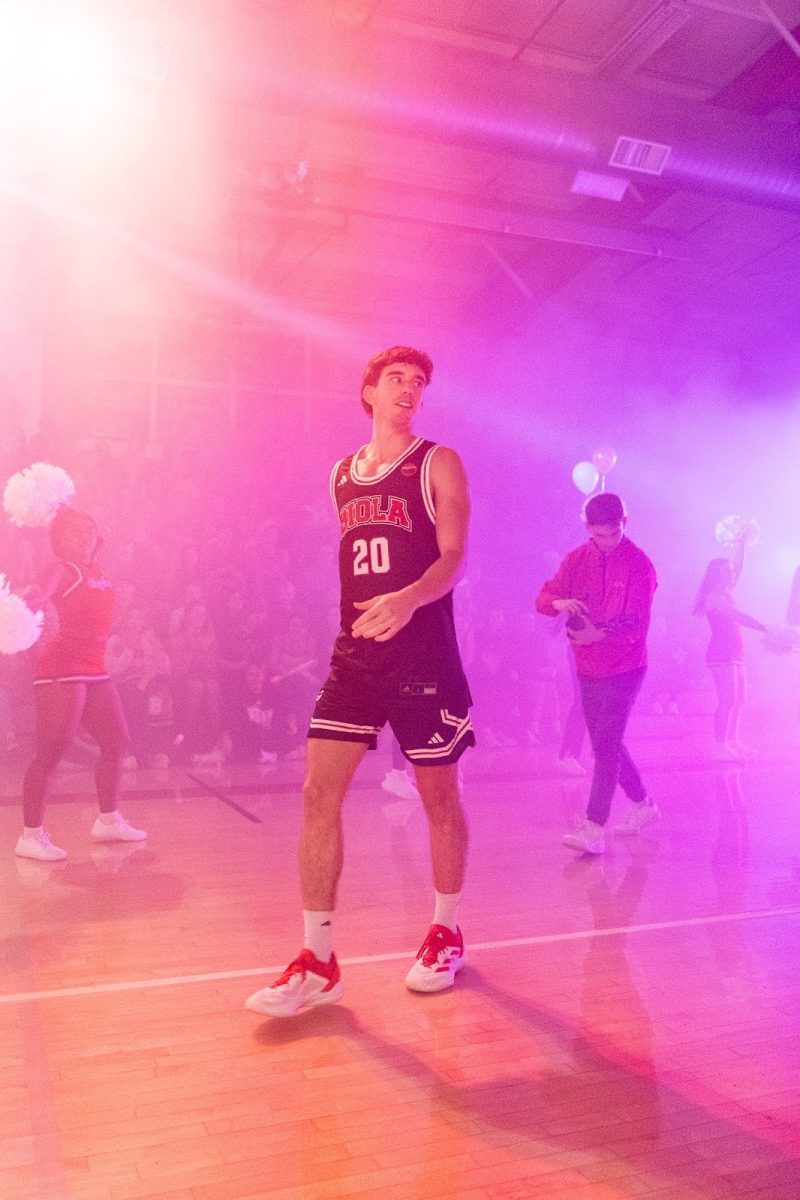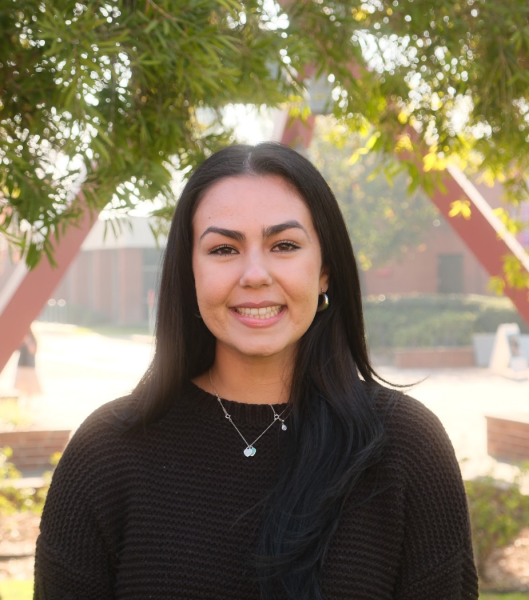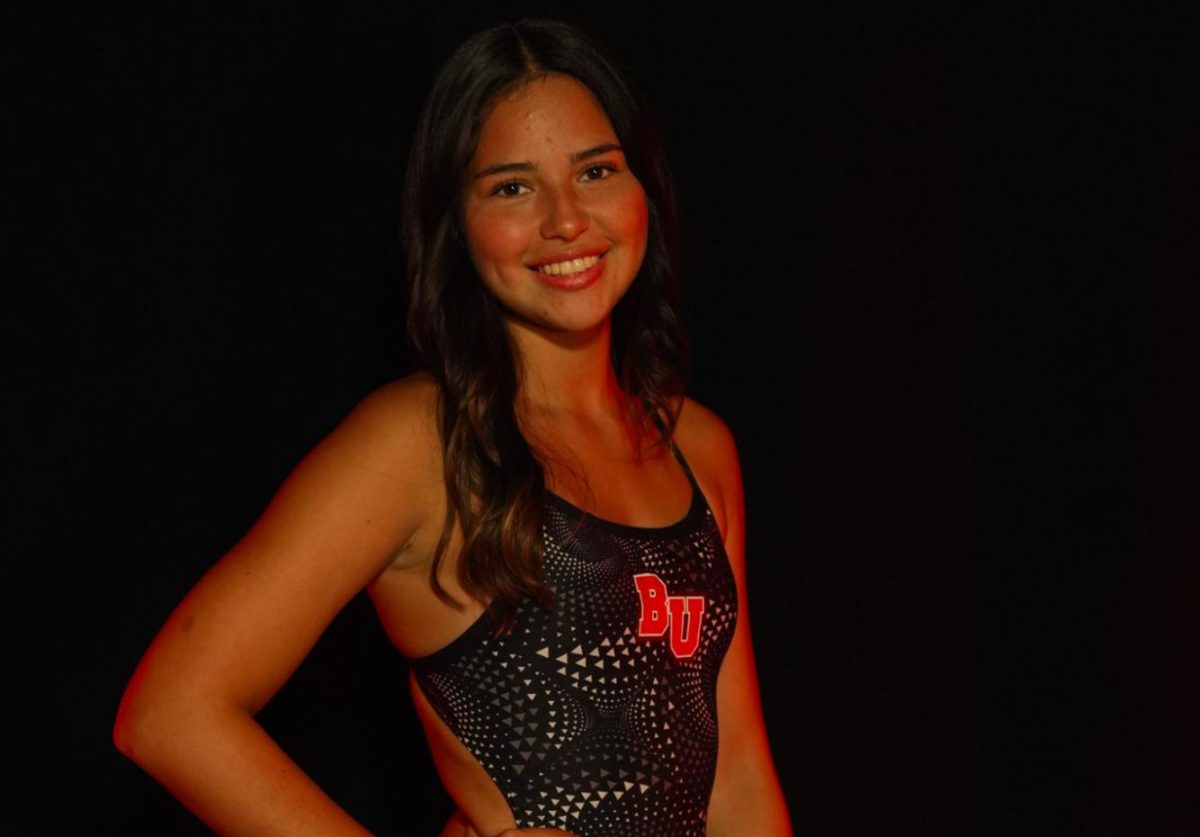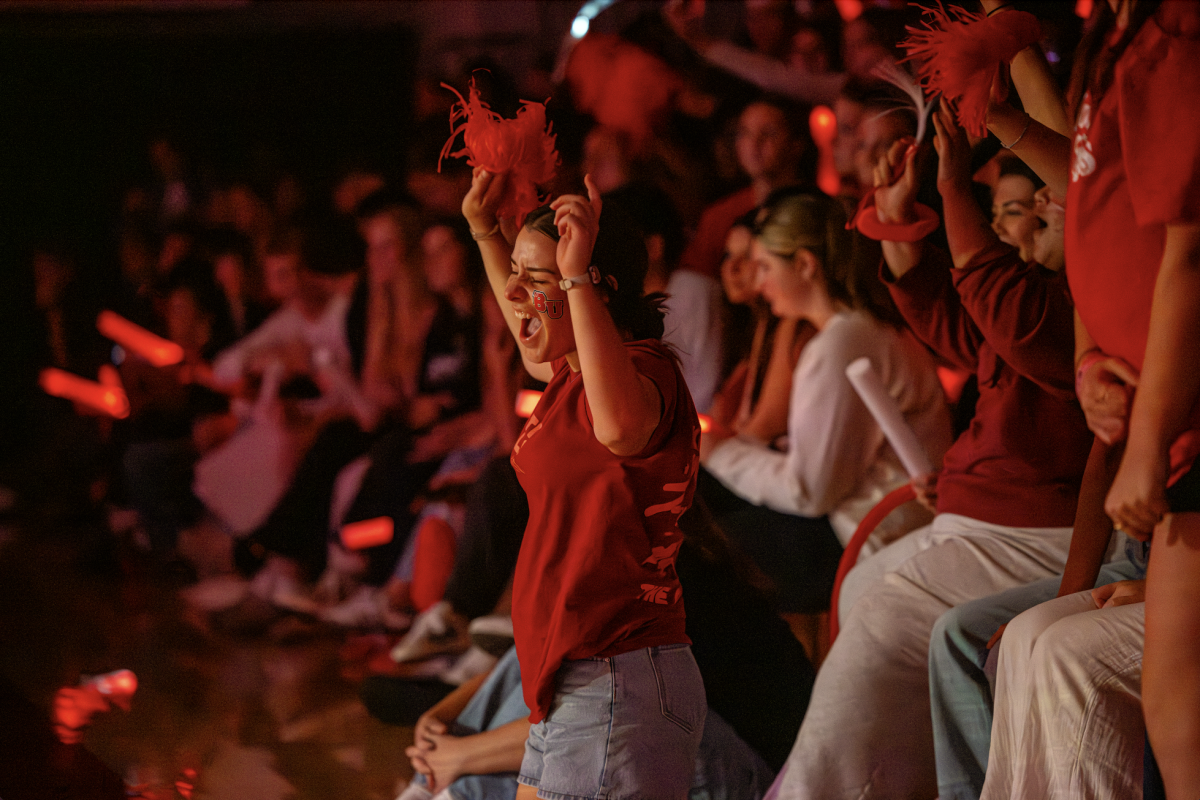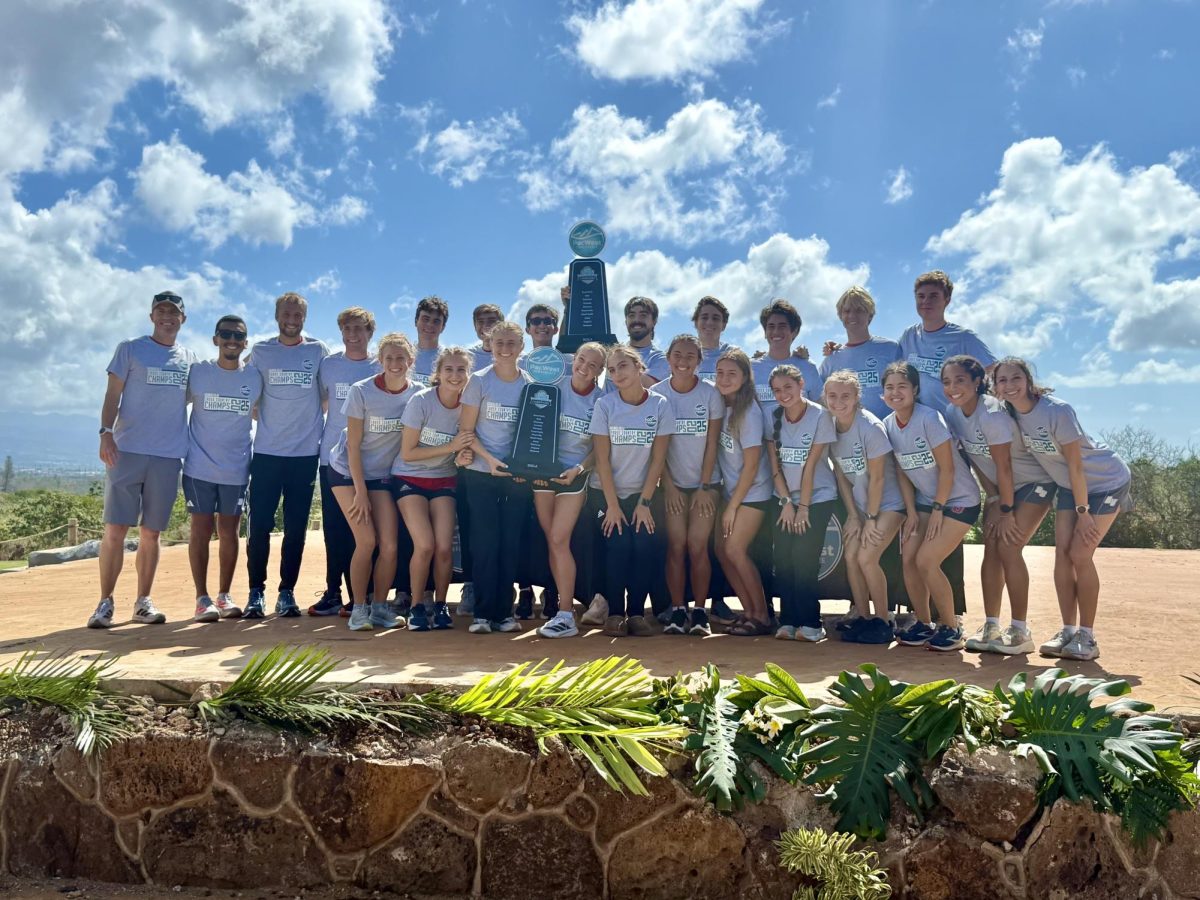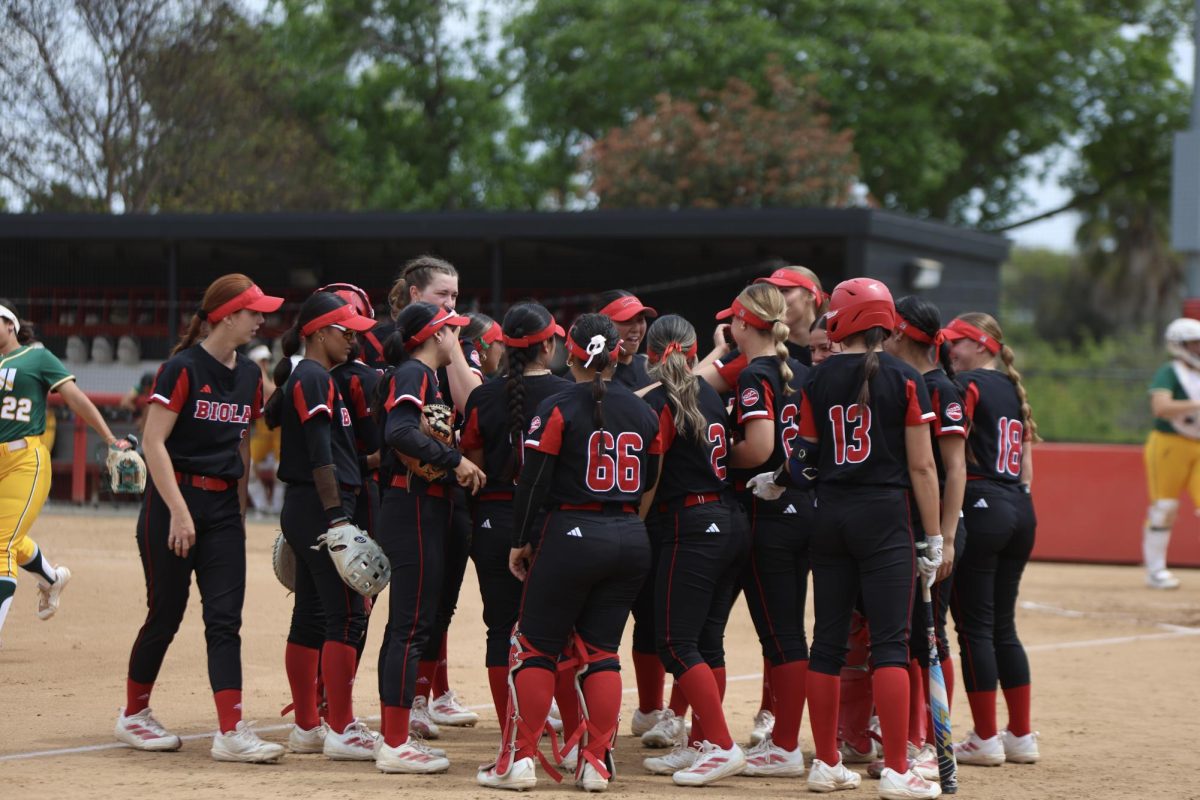When was the last time you took a risk and pushed yourself out of your comfort zone? For Facundo Aranda, a sophomore business management international student from Argentina, that moment came when he left behind everything he knew to pursue a dream: playing basketball at the collegiate level. Adapting to a new culture and language was just the beginning of his journey.
A BOLD MOVE
Aranda was raised in Mendoza, Argentina, where he played for Club Mendoza de Regatas, winning a state championship and competing in national tournaments. His success with the club opened doors for him to join an elite team in Buenos Aires at the age of 15, prompting his move to the city to pursue his dreams.
Through the elite team, he met Pepe Sánchez, who once played at the collegiate level and later became a former point guard for the Argentina national team in 2004, won an Olympic gold medal and became the first Argentine to play in the NBA alongside greats such as Manu Ginobili.
“I want to do the same that he did and follow my dream of playing college basketball,” said Aranda. “So that’s what I did. I started reaching out to some coaches, sending them videos of my highlights in Argentina.”
Aranda started his journey at Phhoenix Prep, where he first felt culture shock.
“In Argentina, we’re super warm people, and we hug each other and kiss each other on the cheek to say hello,” said Aranda. “And that was my first move to greet one of my coaches, and he said, like, ‘Yo chill, personal space. We don’t do that here.’”
That was the first cultural change that Aranda faced. The beginning of his transition felt rough because he believed his English wasn’t strong, so it was hard to communicate with his team and coaches. Aranda started to reach out to coaches elsewhere because he wanted to be in a Christian environment.
“I started talking to a coach from Biola, and he told me about the amazing school, Christian community, and education,” said Aranda. “We started talking through the season, and at the end of the season, he invited me here to visit. So, I came here to campus.”
A NEW SCHOOL
In Argentina, when you are in school, you are there to focus on academics, and there are no after-school sports. So, the transition to the American school system differed in terms of extracurriculars and school policies.
“I didn’t know anything about the system or how it works. I mean, I didn’t grow up knowing how GPA works,” said Aranda. “The first couple weeks here at Biola was like a mess in my mind because I was learning a lot of new things.”
Political science major Maximo Mailovich was a center on the team who was also from Argentina and helped show Aranda the ropes of how the school system works. The coaching staff and his team made him feel calmer about the situation.
Aranda’s first time at Biola was his first time alone in the States, but his team made the adjustment smooth. A sophomore business management Guard, Scott McDowell, and his family opened their doors to Aranda during the holidays; since basketball is in season, he couldn’t go home to visit.
“I’m super thankful to have them here. Also, all my teammates, coaches, and friends,” said Aranda. “I think it’s something that I have to highlight about Biola is how good people are here because being an international student, maybe you need that in your life having great people around. And that’s something I was looking for.”
THE GAME
The style of play in basketball is also different from what Aranda is used to in Argentina.
Last season, the Eagles team had taller players, so they focused a lot on post-up plays, which was more of a slow-paced, “old school” style of basketball emphasizing playing the paint. Last season, the Eagles played the style that Aranda was used to back home with set plays, but he enjoys the fast tempo of this year’s team. This season, it is a guard-heavy team focusing on run-and-gun style plays.
“I feel that I’m very resilient, like, go try new things, and I love to learn about new strategies and new ways to play basketball,” said Aranda.
This season, Aranda focuses on improving his defense, which is a key factor for improving his game.
“I feel my role is to be defensive and creative for others because we have really good shooters, scorers, and team,” said Aranda. “I feel in the future, to have a better percentage in three. But right now, my role has been pretty helpful for the team, and I’m happy with the results that we’re getting.”
Aranda feels his coaches have given him confidence and helped him become a better player.
“That’s what I wanted to bring to my team to give them energy when it comes to defense and give them a lot of calm and good shots and good plays when it comes to offense,” said Aranda.
AWAY FROM HOME
Aranda is taking the jump because he believes he can achieve more here and looks at it as a new challenge. Without the support of his family, he believes he wouldn’t be where he is today. But although Aranda has his brothers through the game and friends, he misses his family and culture.
“And it’s actually pretty rough,” said Aranda. “I miss home, I miss my dog, I miss my friends, my food.”
Aranda especially misses his mom’s homemade cooking, particularly her Milanesa.
In Argentina, they have four meals: breakfast around eight or nine in the morning, lunch around noon, a mid-afternoon meal called Merienda around 4 p.m. or 5 p.m., and then dinner around 9 p.m. or 10 p.m.; there is a lot of nightlife in Argentina.
Aranda had to train his stomach because the cafeteria hours were from 6 p.m. to 8 p.m., and he felt hungry when 10 p.m. came around.
Whenever Aranda returns home, he takes in all the family time and food that he can get.
More than anything, Aranda misses having his family watch his games. They can’t watch the live streams because of the time difference. When it’s 7:30 p.m. here, it’s 2:30 a.m. in Argentina, so his family can’t necessarily watch the game live.
“I missed having them after the games. Just like going to have dinner with them is something that I miss. I miss having them in the crowd and being supported every game.”
Even though Aranda’s family can’t watch, he finds comfort in his new family at Biola, who supports him from the sidelines.
“Being international and maybe looking for a place where you can feel like you are in a familiar environment was something that I was looking for, and when I came here to Biola, that’s what I found,” said Aranda. “And that’s why I stayed here because I felt that the community will be my new family.”

